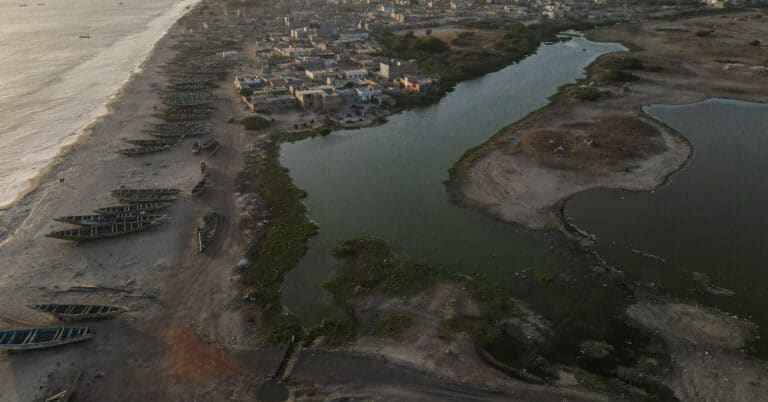Senegal’s international bonds fell sharply on Monday after Moody’s Investors Service downgraded the West African nation’s credit rating, warning that it was becoming less certain the country would be able to avoid a debt restructuring.
Moody’s lowered Senegal’s long-term foreign and local currency ratings from B3 to Caa1 and maintained a negative outlook, signalling further risks ahead. The downgrade reflects growing concerns about the country’s ability to manage its rising debt levels and secure new funding from the International Monetary Fund (IMF).
The development comes as Senegal continues to engage with the IMF over a debt misreporting issue that led to the suspension of its $1.8 billion Extended Credit Facility. The case emerged last year after the government disclosed more than $11 billion in previously unreported debt, which pushed the country’s total debt-to-GDP ratio to almost 120 percent.
According to Moody’s, while its baseline projection assumes that the IMF will eventually provide support without demanding a debt restructuring, the agency’s confidence in that outcome has “diminished.” It said the downgrade reflects the increased uncertainty surrounding Senegal’s debt management and fiscal transparency.
The market reaction was immediate. Senegal’s euro-denominated bonds maturing in 2037 and other long-term securities lost over one euro cent on Monday, extending nearly a week of selling pressure. Prices for the two main bond series dropped to about 85 cents and 64 cents on the euro respectively, signalling declining investor confidence.
The Senegalese government, however, rejected Moody’s assessment. In a statement issued by the Ministry of Finance, authorities said the downgrade “does not reflect the actual economic fundamentals of the country nor the public policy measures implemented to consolidate fiscal stability and strengthen debt sustainability.”
The statement added that Senegal remains capable of meeting its financial obligations and continues to access financing through local and regional markets. “Senegal has demonstrated strong resilience in mobilising domestic resources and maintaining macroeconomic stability,” the ministry said.
Officials also highlighted that the government had successfully raised more than 450 billion CFA francs (about $799 million) in a recent bond issue on the regional market, which closed earlier this month. The issuance, the third this year, received strong participation from both local investors and members of the Senegalese diaspora.
The Ministry noted that this consistent demand for Senegalese bonds in the West African regional market shows confidence in the country’s economic outlook, despite the downgrade.
Moody’s cut now places Senegal’s rating one notch below S&P Global’s B- rating, which also carries a “negative outlook.” Both agencies have expressed concerns about the country’s rising debt burden and the delay in finalising an agreement with the IMF.
Economic analysts say the downgrade could make it more expensive for Senegal to borrow internationally, especially at a time when many African nations are facing tighter global credit conditions. High U.S. interest rates and investor caution have limited access to international bond markets for many developing countries, forcing them to rely more heavily on regional funding.
Senegal’s current economic difficulties are largely tied to debt transparency issues and delays in finalising external support. The government hopes that resolving the IMF misreporting case and introducing reforms will help restore investor confidence and reopen access to concessional funding.
Despite the fiscal pressure, Senegal remains one of West Africa’s more stable economies. The country is also preparing for increased oil and gas production expected to boost revenues in the coming years. However, experts warn that failure to address debt challenges could overshadow future growth prospects.
The IMF is yet to announce when discussions with Senegal will conclude or whether a new support package will be approved. Meanwhile, investors and financial analysts continue to watch closely as the government seeks to stabilise its finances and protect its credit reputation.
